Tumors are considered one of the dangerous and increasingly common health issues that you should be aware of. There are different types of tumors, and they can be caused by various factors. Let’s explore this topic further in today’s article.
1. What is a Tumor?
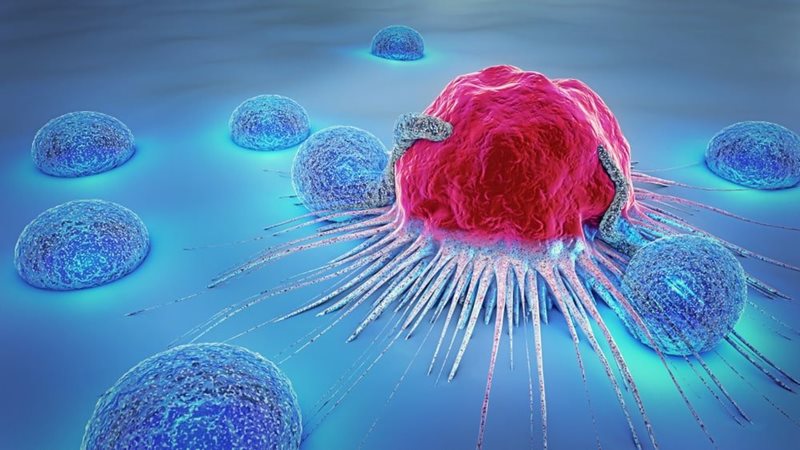 What is a Tumor?
What is a Tumor?
A tumor refers to abnormal growth or a mass of tissue formed by a buildup of abnormal cells in the body. They can develop anywhere in the body, including vital organs such as the liver, brain, neck, bones, and kidneys. Tumors are a serious health concern, and any unusual growth or lump should be medically examined as soon as possible.
2. Types of Tumors
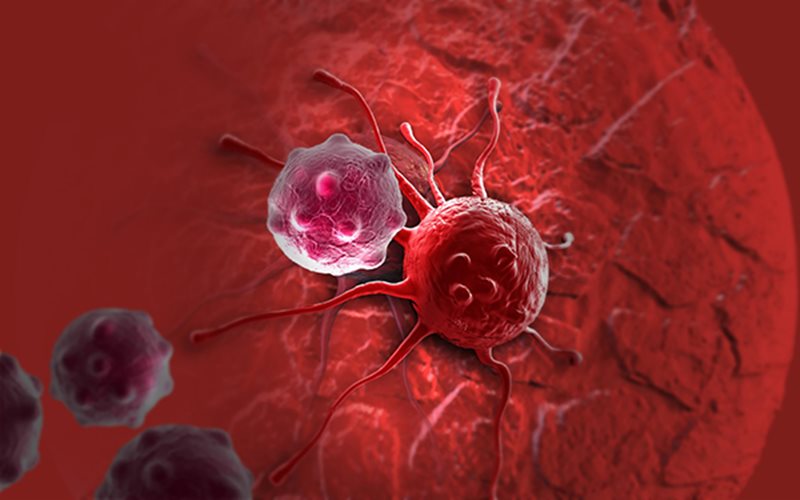 Types of Tumors
Types of Tumors
Tumors are broadly categorized into two groups: benign tumors and malignant tumors.
-
Benign Tumors: These are non-cancerous growths that do not spread to other parts of the body. While most benign tumors do not require treatment, they can remain in the body for a long time and cause cosmetic concerns. Removal of benign tumors typically involves surgery or a minor procedure, depending on the location. However, there are cases where benign tumors recur after surgical removal.
-
Malignant Tumors: Malignant tumors are aggressive and tend to grow faster than benign tumors. They can invade nearby tissues and organs, affecting an individual’s health. If left untreated, malignant tumors can lead to life-threatening complications.
3. Risk Factors for Tumor Development
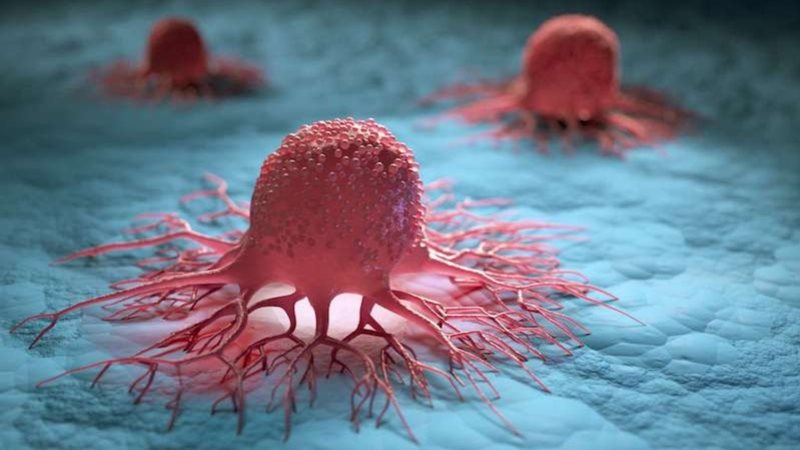 Risk Factors for Tumor Development
Risk Factors for Tumor Development
Several factors can increase the risk of tumor formation, including:
-
Living or working in polluted environments with exposure to toxic substances
-
Consuming unhealthy and chemically treated foods
-
Excessive alcohol consumption and tobacco use
-
Genetic predisposition
-
History of benign tumors
-
Obesity or being overweight
4. Signs and Symptoms of Tumors
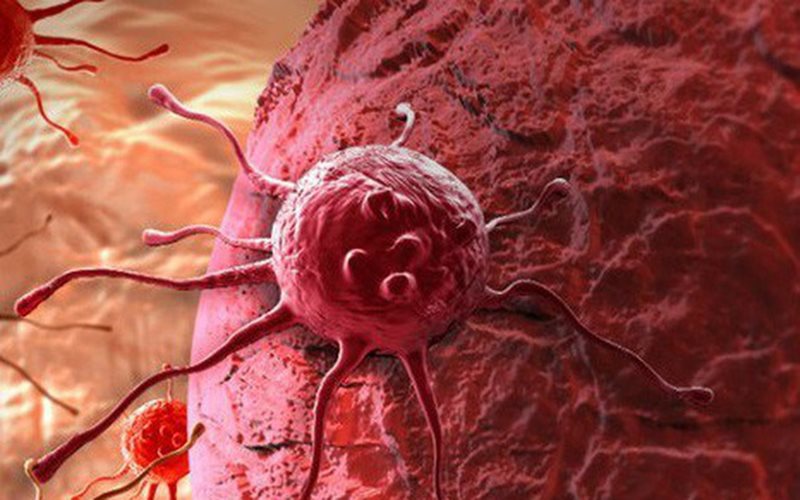 Signs and Symptoms of Tumors
Signs and Symptoms of Tumors
Tumors can develop in various parts of the body, and their symptoms depend on the type and location. Here are some common symptoms associated with different types of tumors:
-
Lung Tumor: Symptoms may include chest pain, persistent coughing, and difficulty breathing.
-
Stomach Tumor: Individuals may experience pain in the upper abdomen, loss of appetite, and significant weight loss.
-
Thyroid Tumor: This type of tumor is often noticeable and can be felt by the individual.
-
Some tumors may not exhibit any specific symptoms, and individuals may be unaware of their presence until routine health checkups.
5. Diagnosis and Treatment of Tumors
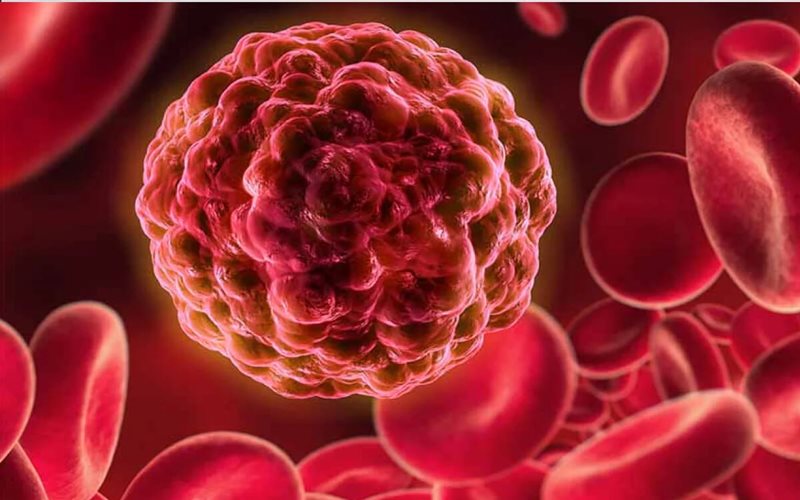 Diagnosis and Treatment of Tumors
Diagnosis and Treatment of Tumors
Diagnosis
While some tumors are visible or palpable, others may require advanced techniques for detection. Tumors in organs like the liver, kidneys, or stomach are often challenging to identify without the use of modern diagnostic methods.
Common diagnostic procedures for tumors include endoscopy, X-rays, and computed tomography (CT) scans. These techniques help determine the tumor’s location and nature, distinguishing between benign and malignant growths.
Treatment
The treatment approach depends on the type of tumor:
-
Benign Tumors: Small, non-threatening benign tumors may not require treatment. However, regular monitoring is necessary to ensure they do not compress nerves or blood vessels.
-
Malignant Tumors: Treatment of malignant tumors depends on the patient’s health and the stage of the disease. Doctors devise specific treatment plans, which may include surgery, radiation therapy, chemotherapy, or targeted therapy, to safely remove or shrink the tumor.
6. Tumor Prevention
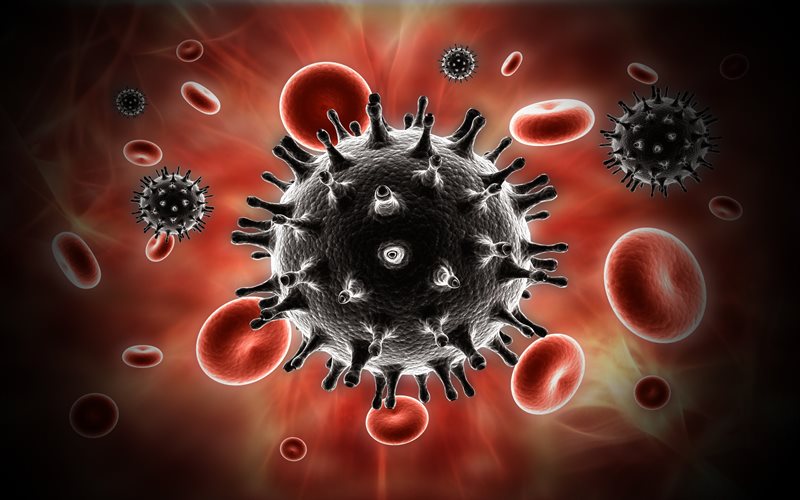 Tumor Prevention
Tumor Prevention
To reduce the risk of tumor development, individuals should consider the following health measures:
-
Regular health checkups every six months
-
Safe sexual practices
-
Maintaining a balance between work, leisure, and rest
-
Adopting a healthy diet
-
Avoiding exposure to harmful chemicals
-
Maintaining a healthy weight
-
Reducing alcohol consumption and quitting tobacco use
In conclusion, tumors pose a significant threat to one’s health, and it is essential to adopt a healthy lifestyle to minimize the risk of tumor development. Stay vigilant and proactive in maintaining your well-being!
Source: medlatec.vn

































